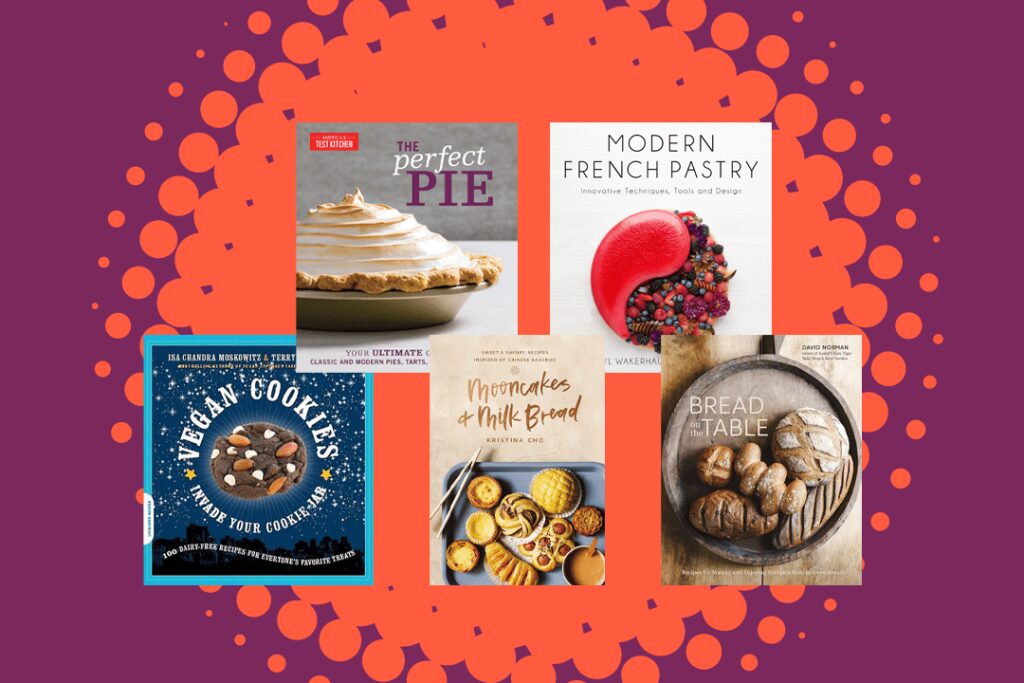Baking requires patience, practice, and dedication. Quality ingredients are essential including fresh high-quality flour, sugar, eggs, butter, and yeast for perfect bread and pastries. Specific tools such as measuring cups and spoons, mixing bowls, whisk, spatula, baking sheet, rolling pin are essential while a stand mixer, a food processor, a bread machine, and a silicone baking mat are optional. Use bread flour as it creates stronger gluten and helps develop the bread’s structure and texture. Kneading dough till smooth and elastic, preheating the oven, chilling the dough before baking, and using an egg wash is the key to perfect pastries.
Introduction
Baking is an art, and like all forms of art, it requires dedication, patience, and practice. There’s nothing like the smell of fresh bread or pastries baking in the oven, and the satisfaction of creating something from scratch is unparalleled. Whether you’re an experienced baker or a beginner, here are some tips and tricks to help you perfect your bread and pastries.
Tools and Equipment
To get started with baking, you’ll need some essential tools and equipment. These include measuring cups and spoons, mixing bowls, a whisk, a spatula, a baking sheet, a rolling pin, and a pastry brush. Some optional equipment includes a stand mixer, a food processor, a bread machine, and a silicone baking mat.
Ingredients
The key to baking is using quality ingredients. Use fresh, high-quality flour, sugar, eggs, butter, and yeast. Choose the best quality fruits and nuts for your pastries. Using the right ingredients in the right quantities will ensure that your bread and pastries turn out perfectly.
Bread Making Tips
Making bread can be intimidating, but it’s not as difficult as you might think. Here are some tips to help you make perfect bread every time:
1. Use the right kind of flour – Bread flour has a higher protein content than all-purpose flour, which makes it ideal for bread making. It helps to create a stronger gluten network, which gives bread its structure and texture.
2. Knead the dough properly – Kneading bread dough helps to develop gluten, which creates the structure of the bread. Knead the dough until it’s smooth and elastic.
3. Give the dough time to rise – Bread dough needs time to rise so that it can develop the air pockets that give bread its light and fluffy texture. Patience is key – let the dough rise until it has doubled in size.
4. Preheat the oven – Preheating the oven ensures that the temperature is consistent and that your bread bakes evenly.
Pastry Making Tips
Making pastries requires a different set of skills than making bread, but the results are just as rewarding. Here are some tips to help you perfect your pastries:
1. Use cold ingredients – Cold ingredients, including butter and water, are crucial for pastries. They help to create the layers that make pastries so flaky and delicious.
2. Don’t overwork the dough – Overworking the dough can make pastries tough and chewy. Be gentle with the dough and stop mixing as soon as it comes together.
3. Chill the dough – Chilling the dough before baking helps to solidify the butter and creates a texture that’s flaky and light.
4. Use an egg wash – An egg wash helps to give pastries a shiny, golden brown finish.
Conclusion
Baking is a rewarding and delicious skill to master. With the right tools, ingredients, and techniques, you can create bread and pastries that are sure to impress. Remember to be patient and to practice – with time and experience, you’ll perfect your bread and pastry skills and be able to create your own unique recipes. Happy baking!
